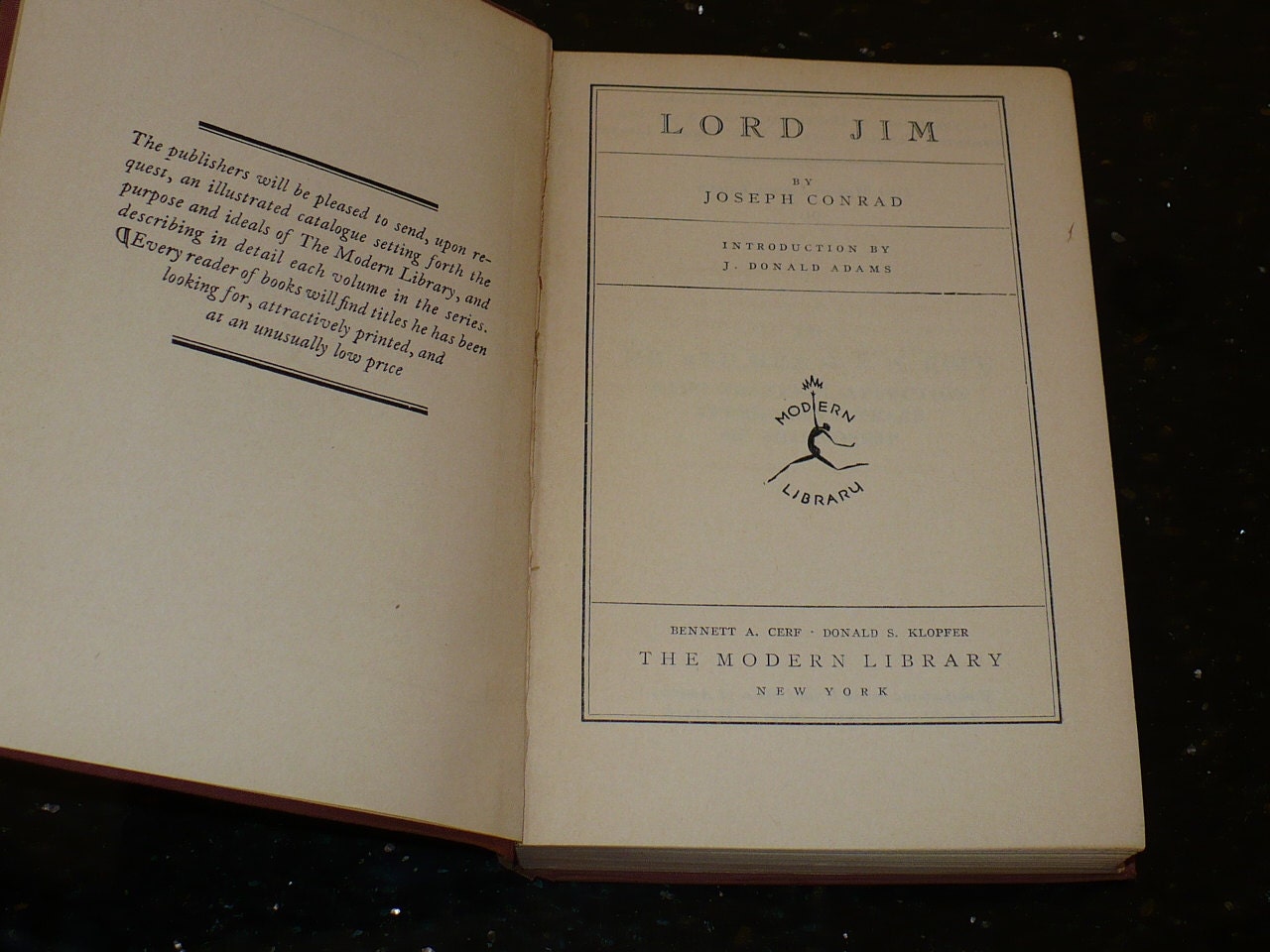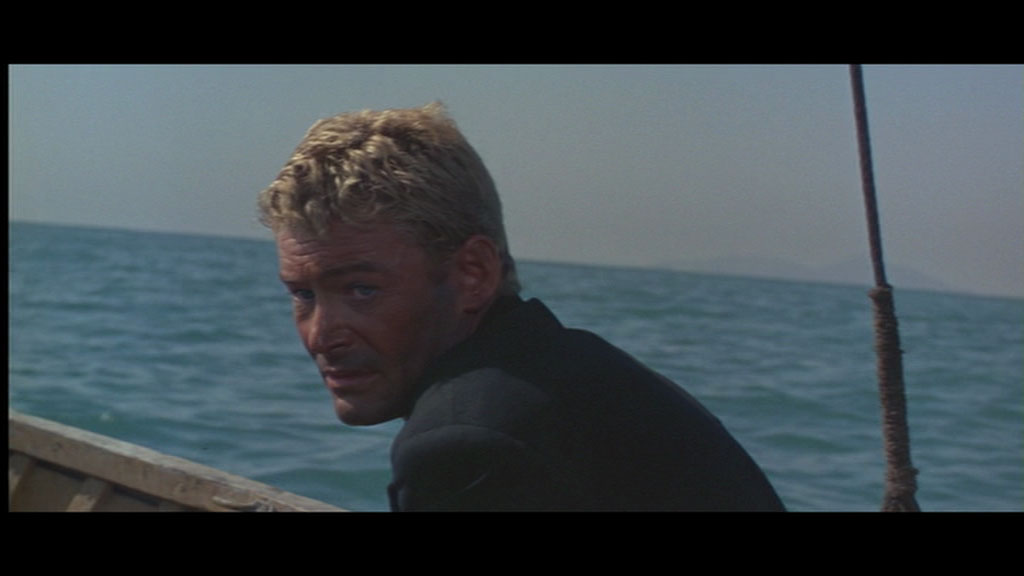

Peeled like an onion, is the obvious simile. Anti-romanticism is a theme to be picked up many times over by the jaded writers to come. Marlowe/Conrad goes out of his way to paint the boy as a representative of Romanticism, with his original naive belief in his own noble fate, which is dashed so quickly, and with his continued pursuit of some ideal that is out of place in these times and in those places. There's both admiration and exasperation in his dealings with Jim.

Marlowe rather stands in for the modern reader who is both bemused and intrigued by this display of obsolete values. He is quite cynical about the scapegoating inquiry that centres on Jim while ignoring greater perpetrators.Īs Marlowe helps the disgraced lad find work in obscure corners of the world, he doesn't sympathize with Jim's continued self-flagellation. While not condoning his subject's desertion of passengers on a seemingly sinking ship, he understands the psychological motivations that led to a hasty error of judgment by an inexperienced sailor. And honour? Who writes about that anymore?īut on the "modern" side is the narrator Marlowe's, and presumably Conrad's, own ambivalence toward Jim's quest for redemption.

Tales of Rudyard Kipling, Robert Louis Stevenson and Stephen Crane come to mind. Sounds like an old-fashioned tale of character building in the colonies. The story of young Jim losing his honour, his integrity-his youthful dreams of himself as a noble being-through a cowardly act committed at sea, and the attempt to recover it, eventually by asserting himself as the ruler of a primitive people. On the "old" side is, first of all, the theme. Lord Jim is almost the perfect example of an in-between book. He brings us partway from the leisurely, gloriously elaborate writing of Dickens and other nineteenth century lights to the generally more understated, psychologically subtle style of popular twentieth century masters. Part of this ambivalence I put down to Conrad's position-along with a few other British and American writers like Thomas Hardy, Samuel Butler and Henry James-in what I think of as a transitional phase of literary history. Lord Jim is one of the Joseph Conrad novels that has me thinking at places "This may be the best writing I've ever read" and at other places "Come on, get on with it, would you!"


 0 kommentar(er)
0 kommentar(er)
